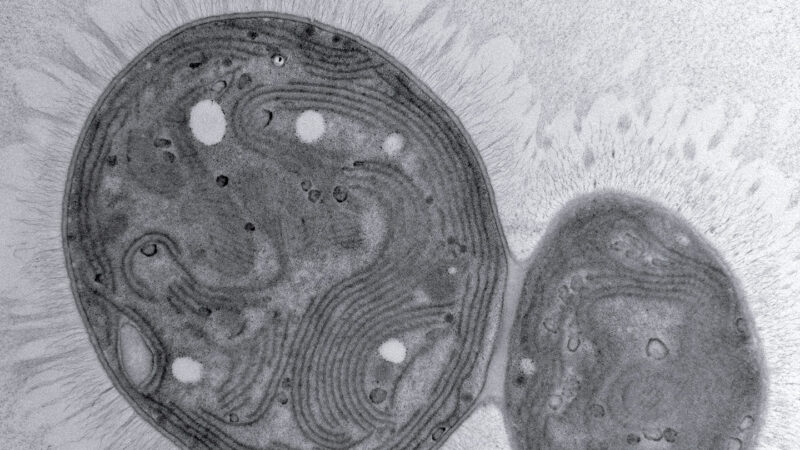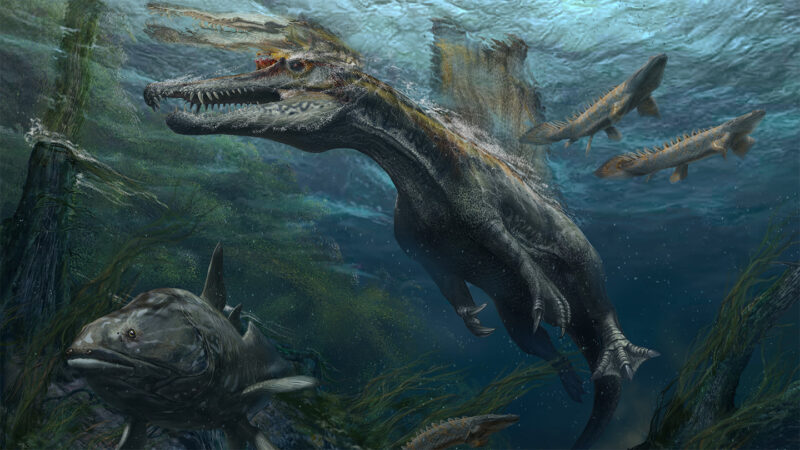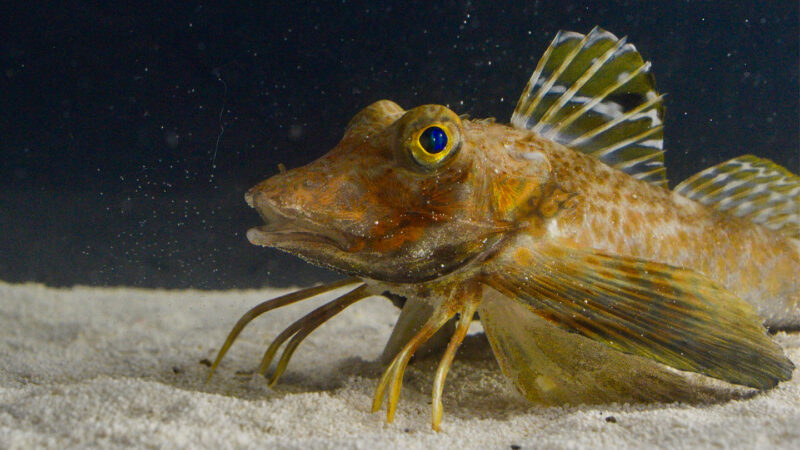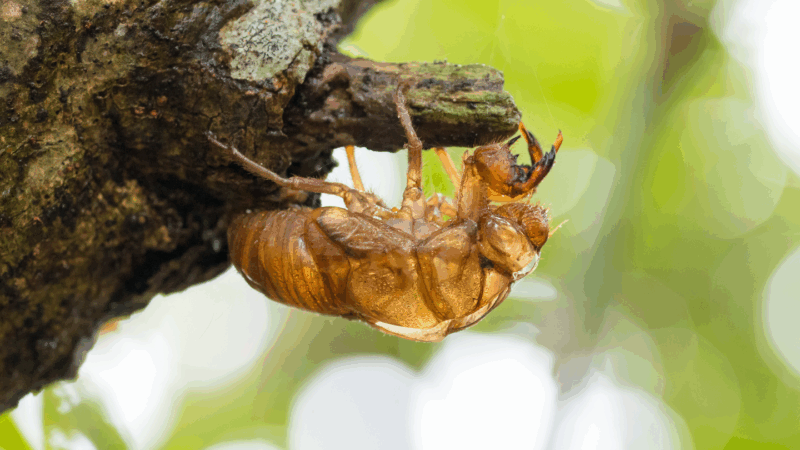Stand back, ordinary ocean-dwelling life forms. There’s a new green, mutant hulk in town. This hefty microbe — nicknamed “Chonkus” by the scientists who found it — appears to have traits great for helping fight climate change.
Microbiologist Max Schubert led the team that found Chonkus. At the time, he worked in Cambridge, Mass., for the Wyss Institute at Harvard University. He was part of a team that discovered the microbe in shallow, sunlit waters off the coast of Italy’s Vulcano Island. There, groundwater full of volcanic gas seeps into the sea.
Here, Schubert’s team expected to find microbes that take in carbon dioxide for photosynthesis. But they never expected to find anything quite like this naturally occurring mutant strain of Synechococcus elongatus. That’s a species of cyanobacterium, a type that performs photosynthesis. S. elongatus is known for growing fast. It also withstands a wide range of conditions.
Chonkus is like a superpowered version of the microbe.
When Schubert’s team grew it in the lab, individual Chonkus cells were larger than those of other fast-growing cyanobacteria. Its cells also built larger colonies.
What’s more, Chonkus stored more carbon than other strains of S. elongatus. It seemed to pack it away within white granules in its cells.
Chonkus also proved heavier than its relatives. When placed into a test tube, its cells sank quickly to the bottom, forming a dense sludge.
The researchers shared these findings October 29 in Applied and Environmental Microbiology.
Chonkus’ traits could make it very useful for pulling climate-warming carbon out of the air and storing it in or near the ocean floor. In fact, its cells might be able to absorb a lot more carbon than the ocean’s average cyanobacteria. And since they sink so fast, they could quickly remove carbon from air above the water.
The discovery of Chonkus suggests that ocean-floor seeps that emit lots of carbon dioxide may hold other rare and useful organisms. Maybe even other life forms that could help store carbon in the ocean. When it comes to curbing the worst effects of climate change, such organisms may be tiny but mighty superheroes.
















